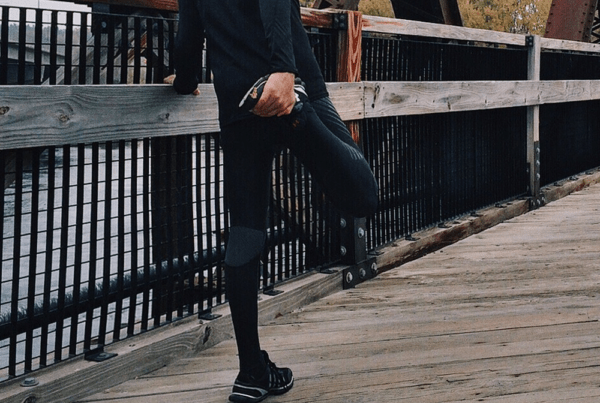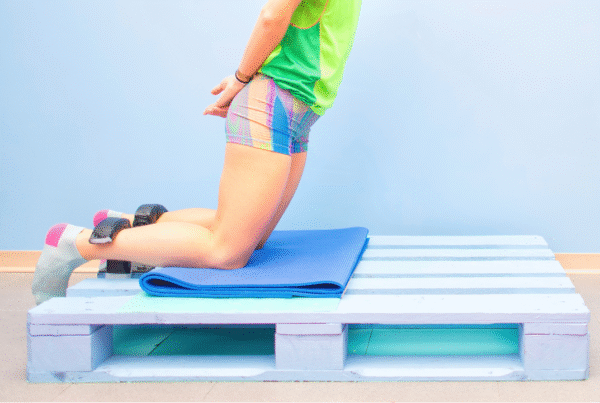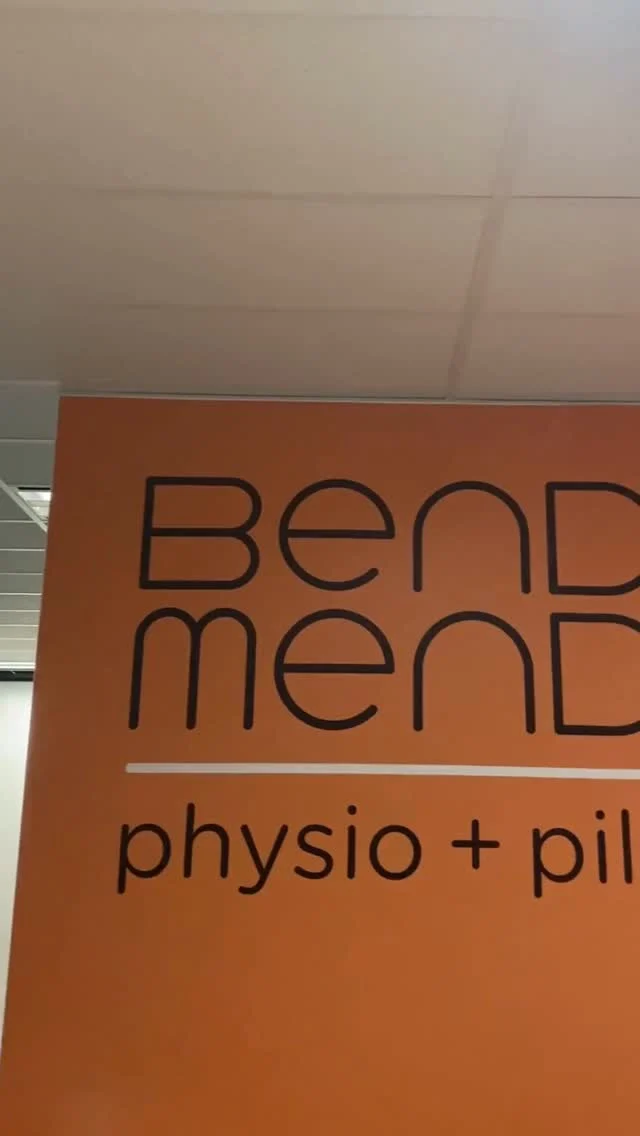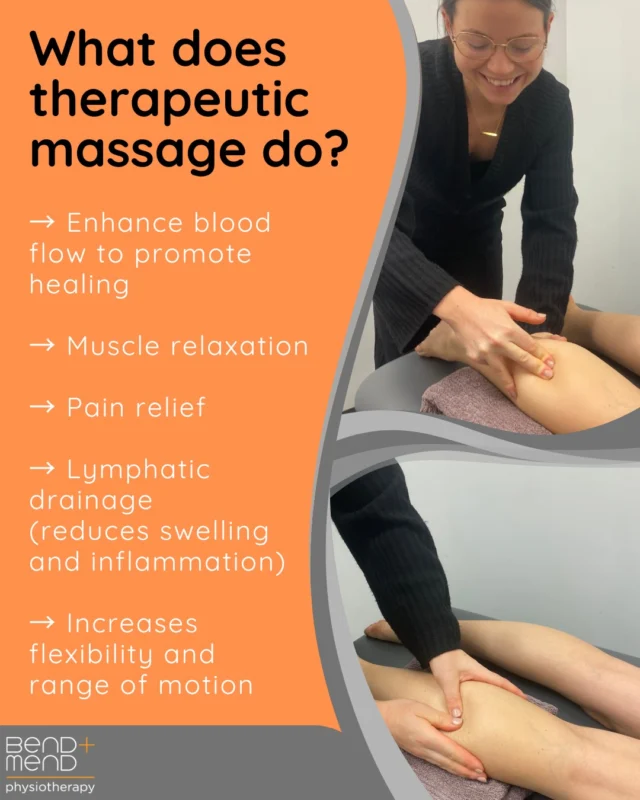Neck pain is common with at least 30% of the general adult population experiencing an episode of neck pain. Within this presentation 25% reported shoulder pain and dysfunction. There are multiple anatomic causes of these symptoms, one of them being the first rib which researchers believe are a contributor to 1 in 5 presentations of arm neurodynamic dysfunction. [i]
The first rib is the highest of the 12 ribs. It is located at the top of the rib cage, just below the clavicle bone and forms the attachment point of the scalenes and intercostal muscles. It forms part of the thoracic cage which protects our organs.
Dysfunction of the first rib can cause shoulder pain, upper limb numbness and other neurological symptoms. It can be lacking mobility, painful or a source of upper limb referred pain. These symptoms can be aggravated by breathing, neck and / or shoulder movement. It has been found to coincide with following direct trauma, whiplash incidents, increase in shoulder use or shoulder surgery. Clenching and issues relating to the jaw or temporomandibular joint can also result in first rib dysfunction arising.
Mobilisations and treatment of the first rib can restore mobility, reduce thoracic outlet syndrome symptoms, reduce neck and shoulder pain if this is objectively indicated as a source of pain. If the first rib is overlooked, then progression and resolution of symptoms can plateau.
A Physio assessment is really important for neck and shoulder pain, managed with specific exercises and treatment to improve and reduce any symptoms and get you back to full function.
Reference:
[i] Mastromarchi, P., & May, S. (2021). First rib dysfunction in patients with neck and shoulder pain: a Delphi investigation. The Journal of manual & manipulative therapy, 29(3), 181–188.





